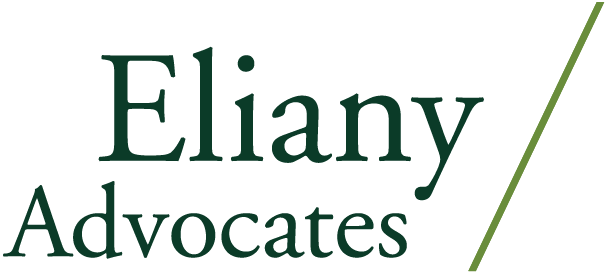Statement of Principles for Equality, Diversity and Inclusion
December 28, 2017
In late 2017, the Law Society of Ontario required all licencees to adopt a statement of principles acknowledging their obligation to promote equality, diversity and inclusion generally, and in their behaviour towards colleagues, employees, clients and the public. One of the templates, which we are free to mindlessly adopt to fulfill the requirement, suggests:
- A recognition that the Law Society is committed to inclusive legal workplaces in Ontario, a reduction of barriers created by racism, unconscious bias and discrimination and better representation of Indigenous and racialized licensees in the legal professions in all legal workplaces and at all levels of seniority;
- My special responsibility as a member of the legal profession to protect the dignity of all individuals, and to respect human rights laws in force in Ontario;
- A commitment to advance reconciliation, acknowledging that we are collectively responsible to support improved relationships between Indigenous and non-Indigenous peoples in Ontario and Canada; and,
- An acknowledgement of my obligation to promote equality, diversity and inclusion generally and in my behaviour towards colleagues, employees, clients and the public.
This sort of initiative strikes me as veneer, powerless to address deeply rooted, and often unconscious biases. I sympathized with those arguing this statement is a form of compelled speech because we must “promote” instead of “respect” equality. As a sole practitioner who works to defend civil liberties on a daily basis, the required statement seems particularly redundant. It even turns out I am part of the minority targeted by the initiative because I am female and francophone.
Law can be a profession of ego. Kindness and civility dominates, but I have seen cruelty and ignorance come from men and women of all backgrounds. No statement of principles will change this. Nevertheless, I have endeavoured to craft a statement relevant to my practice.
For a time, I deeply grieved my role as an officer of the court. My work requires me to uphold colonial institutions and practices. All lawyers in Ontario are even required to swear an oath to the Queen at their call to the bar! Like it or not, I am sometimes complicit in the over-representation of aboriginal individuals and minorities in custody. Individuals in need of social and medical support are jailed rather than helped.
Those mired in the criminal justice system need good help and it is the most vulnerable individuals who inspire me to work harder. Courts are on the front lines of reconciliation and the possibility for change is real. Sometimes my role is reduced to that of a mere objector, but this role remains important for progress over time. I will continue to use my position of privilege and power to defend the rule of law, fight against discriminatory practices, and to remind us all that we can do better.
